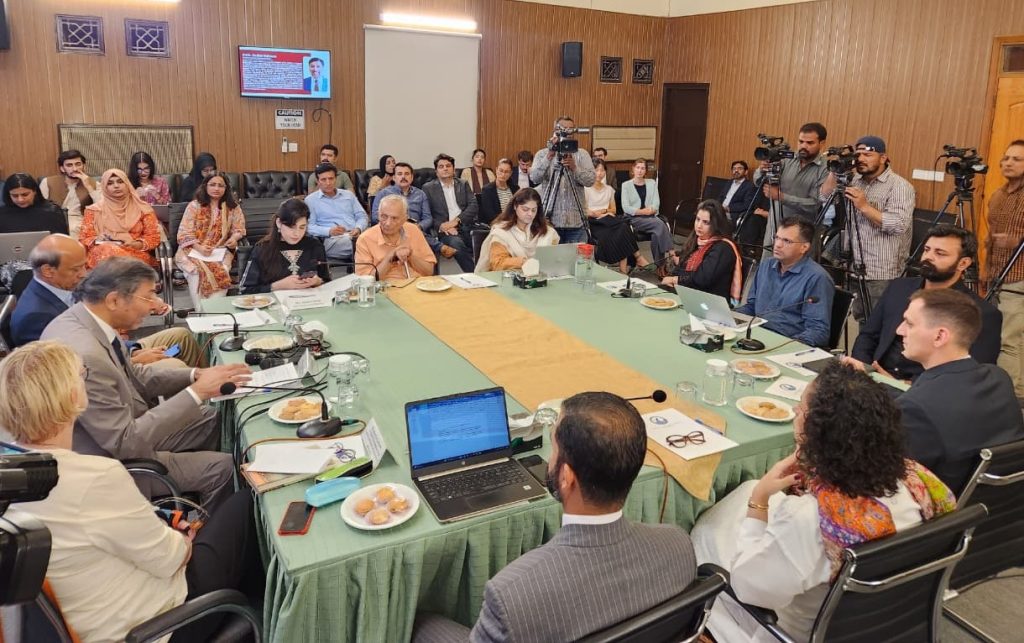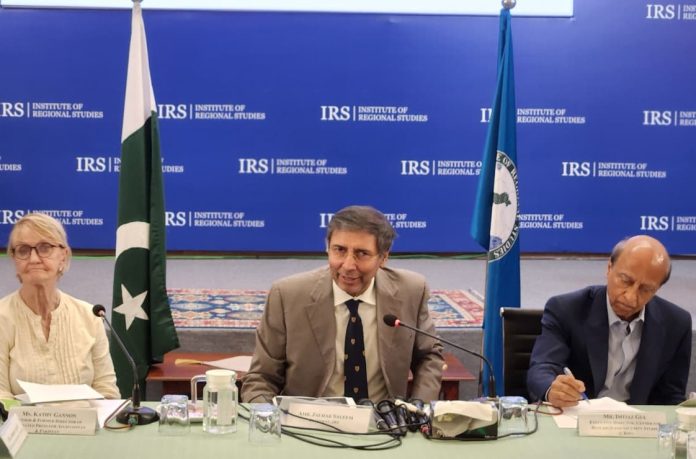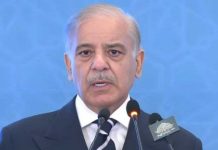ISLAMABAD, SEP 4 (DNA): Attempting to isolate Afghanistan means isolating the Afghans, which allows space for terrorist groups to operate in the country, said Kathy Gannon, renowned author and former Director for Afghanistan and Pakistan for the Associated Press. She also felt that just issuing ultimatums to the Taliban may not produce the desired results. Ms. Gannon was speaking at a roundtable discussion organized by the Institute of Regional Studies.
While calling for engagement with various stakeholders in Afghanistan, including the Taliban government, the Afghan affairs expert stated that Western countries were drawing misleading conclusions about Afghanistan without active engagement with Afghans on the ground. “There has to be a rethink of policies and strategies concerning Afghanistan,” she emphasised.

Ms Gannon also shared that although there were considerable restrictions on the education and freedom of movement of women, she did see women working in public spaces and unaccompanied by men in Afghanistan during her visit to the country a few days ago. She also appreciated the relatively improved security environment and the reduction in corruption in Afghanistan. “The country of 42 million people is functioning. It’s not functioning perfectly, but it is,” noted Kathy Gannon.
Well known author and Executive Director of the Centre for Research and Security Studies, Imtiaz Gul, called for a comprehensive multilateral and regional approach to counter terrorism emanating out of Afghanistan, because terrorism was a concern for all neighbouring countries. While appreciating the Taliban administration’s desire to engage with regional countries, and the rest of the world, he urged the Islamic Emirate of Afghanistan to address their concerns as well.
Pakistan’s former envoy to the US, China and India, Ambassador Ashraf Jehangir Qazi, cautioned against a short-term and security-centric approach toward Afghanistan and called for a pragmatic, long-term, and broad-based strategy of ‘generous engagement’. He also felt that the Afghans were best qualified to find solutions to the formidable challenges their country faced.
President IRS, Ambassador Jauhar Saleem, brought out the distinctions between the western perspective on Afghanistan focusing on the shortcomings of governance, lack of fundamental freedoms, and insecurity and terrorism emanating from Afghanistan that called for a policy of disengagement, and the more nuanced perspective presented by the speakers arguing positive persuasion through balanced engagement and enhanced cooperation. He underlined that Pakistan had always called for Afghan-based and Afghan-led solutions to the country’s problems without foreign intervention, and has stayed engaged with its important neighbour viewing it as a potential partner for promoting trade and connectivity. At the same time, he added that Pakistan expected Afghanistan to keep its commitment of not allowing its soil to be used by any terrorist groups to carry out terrorism against Pakistan. He underlined that only through mutual respect and trust the two neighbours could build a durable and mutually beneficial economic partnership that would be benign for the entire region.

















